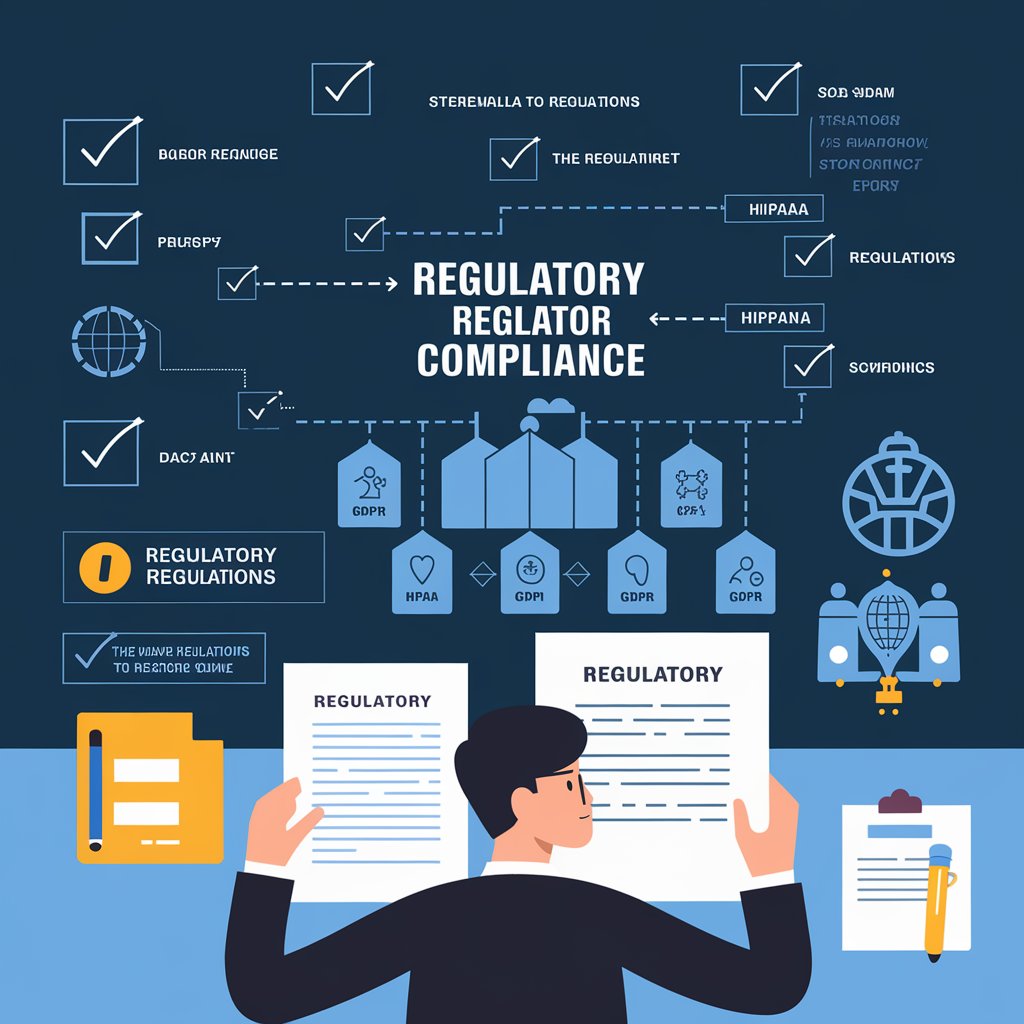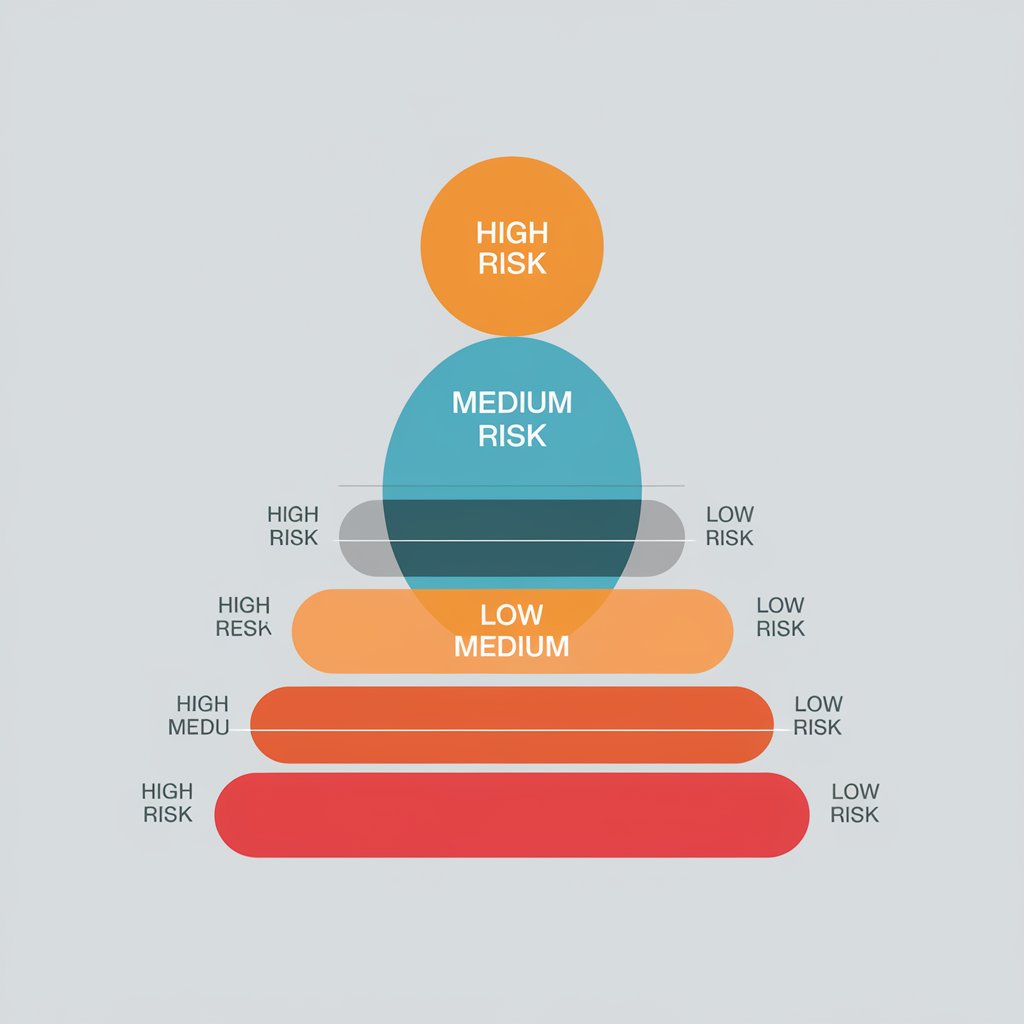As technology advances, so do the risks to cybersecurity. The need to maintain the security of information technology (IT) systems has become a critical concern for small businesses and organisations. Cyber Security and compliance is the process of adhering to specific guidelines and regulations to ensure the confidentiality, integrity, and availability of sensitive data. This article aims to explain the different compliance options available for Cyber security and the benefits of following them.
Regulatory Compliance

Regulatory compliance is the process of adhering to specific laws, regulations, and industry standards that govern the protection of sensitive data. The compliance requirements vary depending on the industry, the type of data being protected, and the location of the organisation. For example, the RACGP applies to Medical Practices in Australia, while the Australian Privacy Protection Laws applies to all organisations that handle the personal data of Australian citizens. Compliance with these regulations ensures that sensitive data is protected from unauthorised access or disclosure.
Industry Standards Compliance
Industry standards compliance is the process of adhering to specific guidelines and best practices established by industry associations or professional organisations. These standards help organisations to identify and mitigate risks to their IT systems. Some of the popular industry standards include the Payment Card Industry Data Security Standard (PCI DSS), the International Organisation for Standardization (ISO) 27001, and the National Institute of Standards and Technology (NIST) Cybersecurity Framework. Compliance with these standards ensures that the organisation is implementing the best practices in IT security.
Risk-Based Compliance

Risk-based compliance is the process of evaluating the cybersecurity risks faced by an organisation and implementing controls to mitigate those risks. This approach involves identifying the potential threats to an organisation’s IT systems, assessing the likelihood of those threats, and implementing controls to reduce the risk of a successful attack. Risk-based compliance allows organisations to tailor their security controls to their specific risks, rather than adopting a one-size-fits-all approach.
Managed Security Services
Managed security services (MSS) are outsourced security services that provide organisations with the expertise, technology, and manpower to manage their IT security. MSS providers offer a range of services, including threat detection and response, vulnerability assessments, and compliance management. MSS providers help organisations to reduce the cost and complexity of managing their IT security while ensuring compliance with industry standards and regulations.
Cloud Security Compliance
Cloud security compliance is the process of ensuring that the IT systems hosted on cloud platforms comply with the relevant regulations and industry standards. Cloud service providers (CSPs) offer a range of security features and controls that help organisations to protect their data and comply with regulations. However, organisations are still responsible for ensuring that their data is secure and complying with regulations when using cloud services. Cloud security compliance requires organisations to understand the security measures offered by the CSP and their responsibilities for securing their data.
Penetration Testing

Penetration testing is the process of simulating a cyber-attack to identify vulnerabilities in an organisation’s IT systems. Penetration testing helps organisations to identify weaknesses in their security controls and assess the effectiveness of their security measures. Penetration testing is a valuable tool for ensuring compliance with regulations and industry standards, as it helps organisations to identify and mitigate risks before they can be exploited.
IT security compliance is a critical component of a comprehensive cybersecurity strategy. Compliance with regulations and industry standards helps organisations to identify and mitigate risks to their IT systems and protect sensitive data from unauthorised access or disclosure. Organisations can choose from a range of compliance options, including regulatory compliance, industry standards compliance, risk-based compliance, managed security services, cloud security compliance, and penetration testing. By implementing the appropriate compliance measures, organisations can ensure the integrity, confidentiality, and availability of their IT systems and protect themselves from the ever-evolving threat of cyber-attacks.
Are you tired of slow response times and subpar IT support? Look no further than MTR IT for managed IT services in Melbourne. Our experienced team provides quality customer service and technology solutions tailored to your business’s needs.
Get In Touch with Us Today on 03 9087 4390

